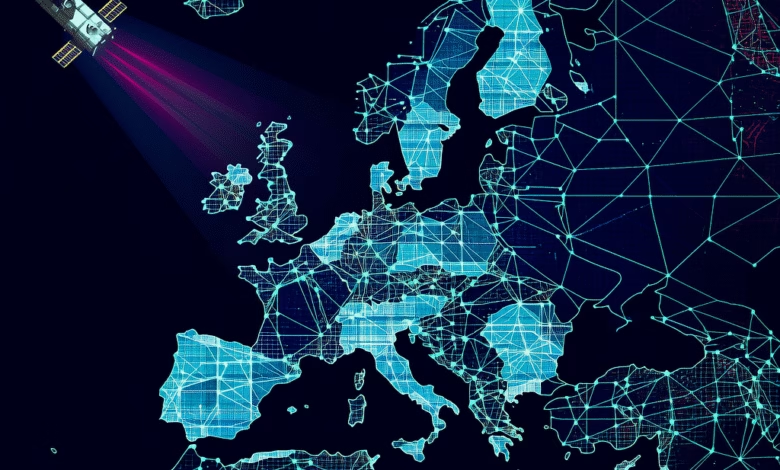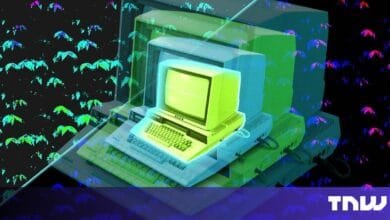EU Unveils Quantum-Secure Infrastructure Plan

▼ Summary
– The EU has launched a Quantum Strategy aiming to establish region-wide quantum secure communications and become a global leader in quantum technology by 2030.
– The strategy addresses cybersecurity risks from future quantum computers, which could break current encryption within 7-15 years, threatening data security.
– The European Quantum Communication Infrastructure (EuroQCI) initiative will develop secure quantum networks, including a QKD satellite launch in 2026 and terrestrial testing of real-world applications.
– The Quantum Internet Initiative complements EuroQCI by developing architecture for distributed quantum computing and aims to deploy a fully operational quantum-safe network by 2030.
– Despite government efforts like NIST’s post-quantum cryptography standards, organizations have been slow to adopt quantum-secure solutions, with only 5% having a defined strategy.
The European Union has taken a major step toward securing its digital future with the launch of an ambitious quantum strategy aimed at safeguarding communications and data. This comprehensive plan positions the EU to become a global leader in quantum technology by 2030, fostering innovation while addressing emerging cybersecurity threats.
One of the primary concerns driving this initiative is the potential for quantum computers to break current encryption methods. Experts predict that within the next decade, machines exceeding 10,000 qubits could render traditional security protocols obsolete, exposing sensitive data across industries. The EU’s strategy includes multiple projects designed to counter these risks before they materialize.
Building a Quantum-Secure Network
By leveraging a fully European supply chain for quantum components, the EU aims to establish an interconnected experimental network by 2030. This infrastructure will serve as the backbone for ultra-secure data transmission, ensuring resilience against future quantum threats.
Paving the Way for a Quantum Internet
A pilot facility for the European Quantum Internet is scheduled for 2026, enabling early testing of quantum-safe technologies. The long-term goal is to deploy a fully operational quantum-safe communication network by 2030, laying the foundation for a federated Quantum Internet.
Global Momentum for Quantum Security
Similarly, the UK’s National Cyber Security Centre (NCSC) outlined a roadmap in 2025 for transitioning to post-quantum cryptography by 2035. Despite these government-led efforts, adoption remains slow. Recent surveys reveal that only 5% of organizations have a quantum defense strategy, with even fewer prioritizing the transition.
As quantum computing advances, the EU’s proactive approach highlights the urgency of securing critical infrastructure before traditional encryption becomes obsolete. The race to quantum resilience is underway, and Europe is positioning itself at the forefront.
(Source: InfoSecurity Magazine)






